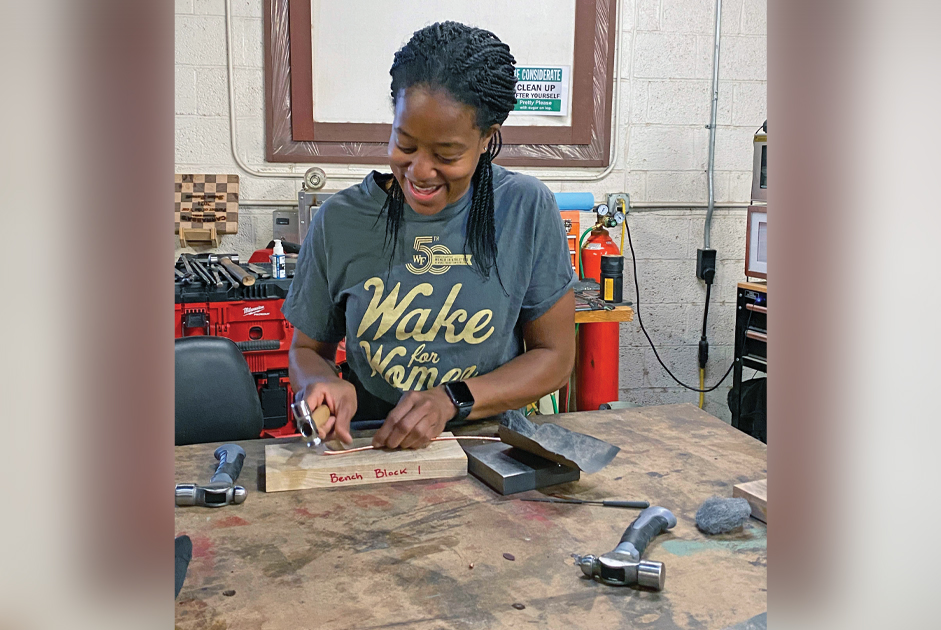“She’s five and in kindergarten. It’s too early to mention it. I’ll wait until she’s a little older.” Before parents think their daughter doesn’t know about the very questions they fear, the words come tumbling out! Most likely, you have already addressed questions about the body, and why boys and girls are different. Take the teachable moment, and answer honestly. The body, in all its shapes and sizes, is a vessel of pride. Just by having the conversation, your child will come to you with questions and concerns.
The Changing Body
An educated child is a safe child! Pediatricians will tell young patients of three and four, “No one touches you in private places!” The conversation does not end in the doctor’s office; continue the rhetoric. As doctors will recommend, it’s vital as a general rule to use anatomically correct language, such as penis, vagina, and breasts.
- Explain scenarios and examples of inappropriate touching as well as what constitutes appropriate situations.
- Discuss the family rule of honesty, and that there are no secrets from Dad and Mom. Honor an agreement to be truthful to each other!
- Validate feelings. If a child describes butterflies or pain in the stomach, it’s important not to judge or dismiss the statement. In sharing, a child will openly inquire as they become older.
Provide non-fiction and fictional books to encourage conversations about the body. Librarians will gladly offer age-appropriate recommendations.
Pubescent Changes
From the hormones in various proteins, such as meats and milk, girls are likely to develop breast buds and start their menstrual cycle earlier than expected. By the age of seven, some girls may need a sports bra, while boys begin to use deodorant and experience voice changes, although usually a little later.
Every subtle change of development or observations occurring among classmates opens the door for conversations. Statistically, some girls receive their first period by the age of 16; yet, others begin as early as 9. Ask your daughter’s pediatrician when to expect the arrival of a menstrual cycle. On the other hand, boys start puberty around the age of 10 with signs of development or the first ejaculation.
Some children may feel self-conscious, while others, not yet at the stage, will seek to wear a bra, for example, to have a sense of belonging. Whether your child is at the beginning, middle, or late-blooming, it’s normal to feel awkward.
Fifth Grade Sex Educational Classes
Science will cover topics of mating through discussions about animals in fourth-grade; sex education itself is a fifth-grade class that separates boys and girls to learn primarily about menstruation and training bras or erections and changing voices.
Parents should receive the curriculum in advance to be well-prepared to discuss questions. Girls and boys may not understand why some of their classmates are well- or under-developed. Puberty arrives at different times for everyone, along with acne, mood changes, and growth spurts.
Address the following topics:
- Puberty lasts two to five years.
- A form of sexual development occurs through growth spurts. The range for girls is between 8 and 13, and 10 to 15 for boys.
- Both sexes have hormones. It arrives for girls at 8 and 9 for boys. It stimulates pubic, underarm, and leg hair.
- For girls, changes in the body emphasize the hips, legs, and development of breasts.
- A boy’s arms, hands, and feet will grow faster than the rest of his body. Body shape will develop broader shoulders, and through weight gain, muscles.
- Boys’ penis’s and testicles grow larger, voices deepen, while facial hair appears.
- Acne is common for children between the ages of 9 and 11.
- Boys sometimes have wet dreams, which means they ejaculate in their sleep.
- Monthly menstruations last three days to a week. The use of sanitary napkins helps to absorb blood.
- Menstruating occurs because the uterine lining fills with blood to prepare for a fertilized egg. Without fertilization, there is only a period. Fertilized eggs result in pregnancy.
Boys and girls have a lot of questions about their changing bodies. They will seek to know what is normal and why they are early or late bloomers. Puberty conversations lead to a wide range of topics, from feelings for, and attraction to, the opposite sex, and body odor to mood swings. Let daughters and sons know they can ask you anything, anytime, and you will provide answers!























